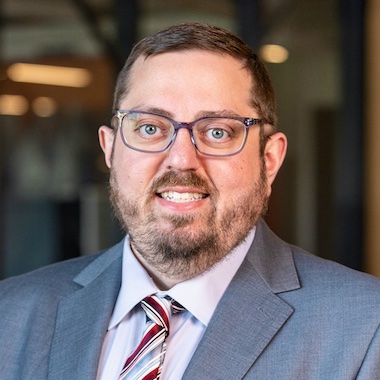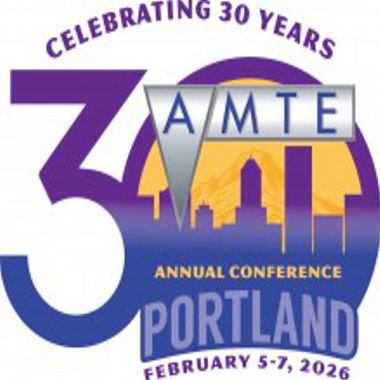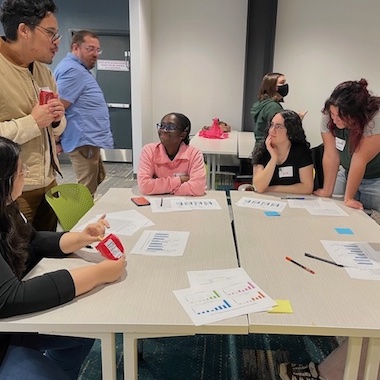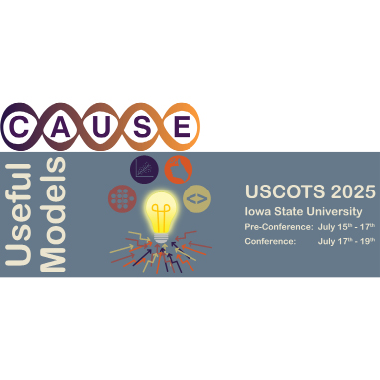Mathematics Education Colloquium, January 25th
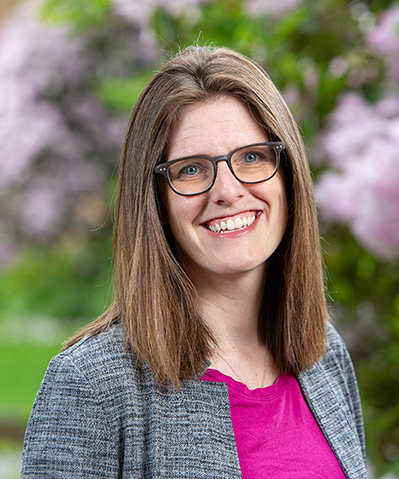 Please join us at the upcoming Mathematics Education Colloquium, on Wednesday, January
25, 2023 from 3:30-5:00 pm in 252 Erickson Hall or on zoom. Dr. Katherine "Katie" Lewis, Associate Professor at the University of Washington, will be presenting Disability Equity in Mathematics Education: Accessibility, Re-mediation, and Compensation.
Please join us at the upcoming Mathematics Education Colloquium, on Wednesday, January
25, 2023 from 3:30-5:00 pm in 252 Erickson Hall or on zoom. Dr. Katherine "Katie" Lewis, Associate Professor at the University of Washington, will be presenting Disability Equity in Mathematics Education: Accessibility, Re-mediation, and Compensation.
Please see the zoom link and passcode in the Colloquium flyer posted on our Mathematics Education Colloquium page.
Abstract: Equity in mathematics education research has only recently begun to consider students with disabilities. In this talk, I focus specifically on students with mathematics disabilities – students who have a neurological difference in how their brains process numerical information. Prior research on mathematics disabilities (i.e., dyscalculia) has predominantly taken up a deficit frame, documenting the ways in which students with dyscalculia are deficient in terms of speed and accuracy. In my work, I argue that this deficit orientation is problematic, and I offer an alternative. I take up an explicitly anti-deficit framing and draw upon sociocultural learning theories and Disability Studies to orient my work. In this talk I use multiple case studies to explore ideas about accessibility, re-mediation, and compensation across a range of mathematical topics. This anti-deficit work provides an alternative vantage point to understand disability in mathematics education and suggests avenues to work towards equity. I close by considering ways that mathematics education equity research can be in service of and in partnership with the populations that we study.
Katie Lewis is an Associate Professor at the University of Washington's College of Education. Her research lies at the intersection of mathematics education and special education and is concerned with understanding the nature of mathematics disabilities.In the context of authentic learning environments, she evaluates the accessibility of mathematics instruction, designs more accessible mediational tools, and considers the ways in which students may compensate. Her work has been published in Journal for Research in Mathematics Education, Journal of the Learning Sciences, Journal of Mathematical Behavior, and Cognition & Instruction, among others. Her work has been funded by a Spencer Dissertation Award and a National Academy of Education / Spencer Postdoctoral Fellowship.
The Program in Mathematics Education sponsors this event.
